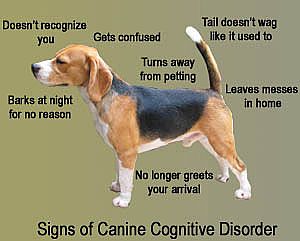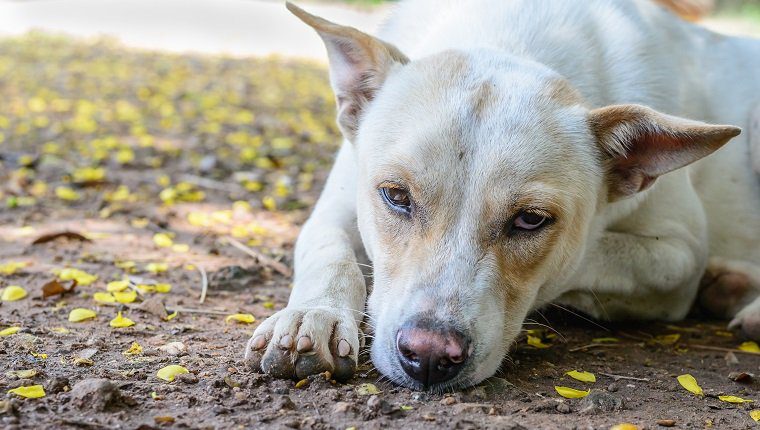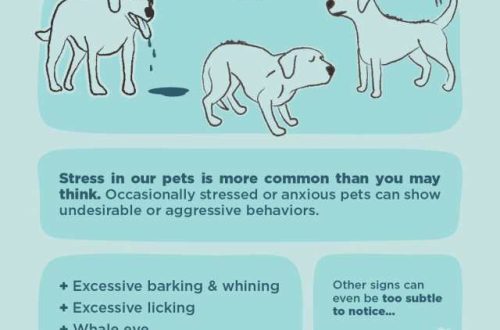
Dysfunctional dogs – who are they?
Refusal dogs often become dogs with a dysfunctional fate. And before deciding to take such a pet into your family, you need to know who they are – dogs with a dysfunctional fate, and why do dogs become dysfunctional?

Photo: google.by
Who are the bad dogs?
Troubled dogs are sometimes born, but more often they become. Who are the bad dogs?
- A dysfunctional dog may already be since birth. This happens when there are, for example, genetic diseases, as well as victims of industrial or cell breeding.
- The dog becomes dysfunctional due to abuse. Alas, this problem exists all over the world, but somewhere they are trying to solve it at the level of legislation, and somewhere (for example, in the countries of the post-Soviet space) it is extremely difficult to achieve responsibility for cruelty to animals, and cruel people take advantage of this. Breed image affects the likelihood of abuse – for example, Central Asian Shepherd Dogs are often thrown out because they are “not good enough guard” or, conversely, “too aggressive”. Rottweilers, pit bulls, even German shepherds suffer (which – amazing! – are not born already knowing all the commands). Decorative breeds suffer – but more often due to the fact that they are deprived of the opportunity to behave like dogs, but are perceived as toys or accessories.
- Dogs from shelters and foster homes. Unfortunately, sometimes dogs from a shelter or from overexposure cause more problems to new owners than a dog picked up on the street. Alas, shelter volunteers and owners of overexposures, including paid ones, are by no means always specialists in dog behavior. Often all five freedoms are violated, dogs walk little, live in an extremely impoverished environment, they develop learned helplessness.
- The dogs whose the five freedoms have been violated for a long time – sometimes with the best of intentions. The more freedoms have been violated and the longer the dog has not received what it needs, the more problems with behavior and health.
With what problems most often faced by dysfunctional dogs and their owners?
- Fears: the streets, people, dogs, everything new.
- Uncleanliness.
- anxiety disorder.
- Learned helplessness.

Photo: google.by
Myths about dysfunctional dogs
- “She’s trying to dominate!” The theory of dominance was outdated back in the 90s of the 20th century. Dogs live in communities with non-linear hierarchies, and sometimes it is not so easy to understand who is the leader in the pack. “He who walks through the door first and eats first” is not from that opera at all. And the dog with the highest status is not the most aggressive dog. In addition, the significance of the resource plays a big role: if food is extremely important for a dog, it will fight for it with all its might, and someone will defend the toy “until victorious”. In addition, dogs are well aware that a person is not another dog, they are not so stupid as to confuse people and dogs. So if the dog is nervous and shows aggression, this is not a dominant dog, but simply a dysfunctional one. Maybe the owner tortured her with alpha throws or strangles.
- “A dog must withstand quarantine”. Quarantine is certainly important, but recently researchers are increasingly saying that the risk of psychological problems associated with quarantine outweighs the dog’s risk of infection. It is not necessary to take the puppy to the general range, but you can walk with him in safe places or hold him, while giving you the opportunity to get new experiences – safely and dosed.
Why do dogs become dysfunctional?
Alas, people almost always make a dysfunctional dog. There are three main owner mistakes that cause most dog problems:
- Host unpredictability and inhumane treatment (conflicting demands, hitting, strangling, alpha throws, etc.)
- Lack of predictability of the environment, chaos in the dog’s life. It is necessary to find and maintain a balance between predictability and diversity of the environment.
- Inhumane ammo. Inhuman ammunition always (sooner or later) causes health and behavioral problems. Most often it is aggression – in relation to other dogs or to people. And aggression, in turn, is one of the most common reasons for abandoning a pet.
If the dog lives in such conditions, is afraid of punishment and is constantly waiting for danger, contact with the owner is destroyed, and the dog becomes nervous, irritable or cowardly, that is, dysfunctional.





